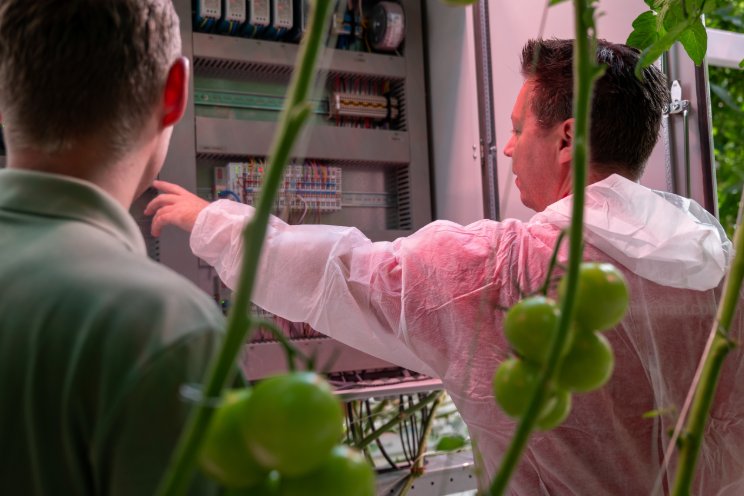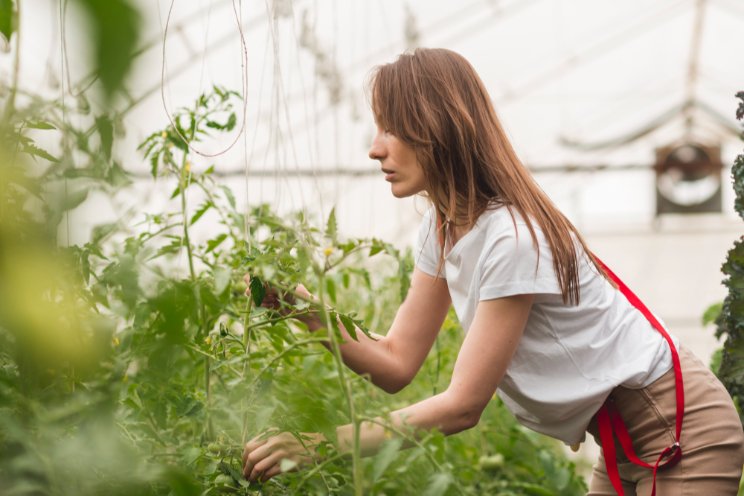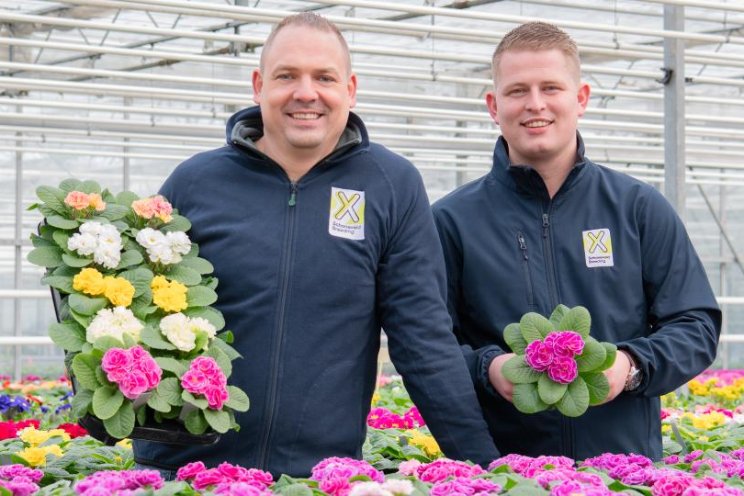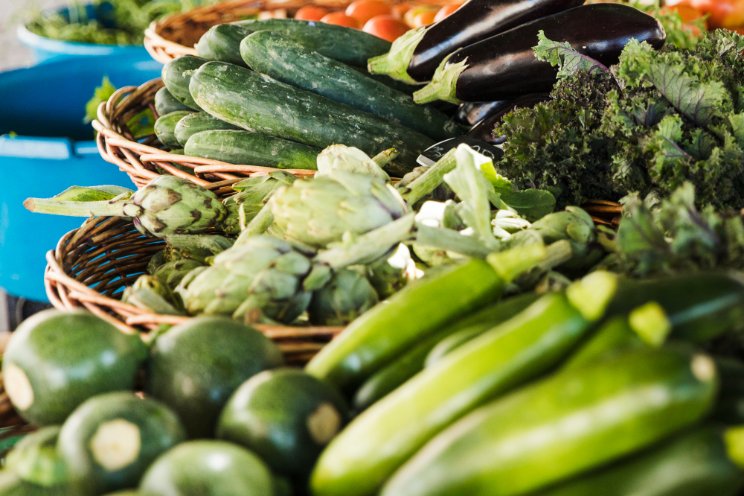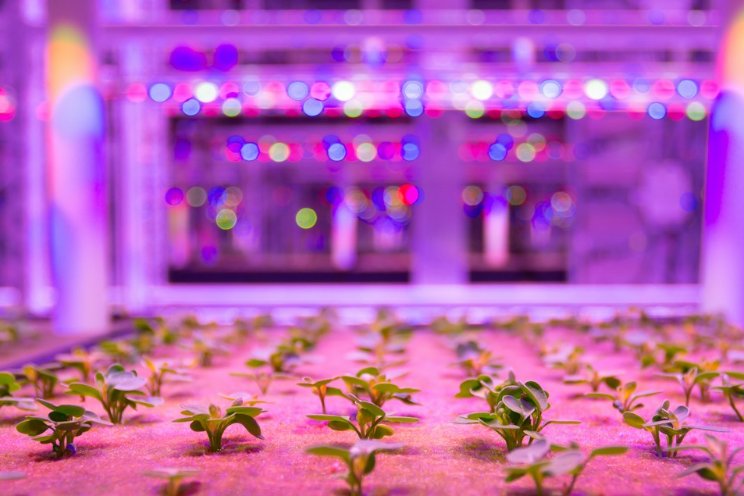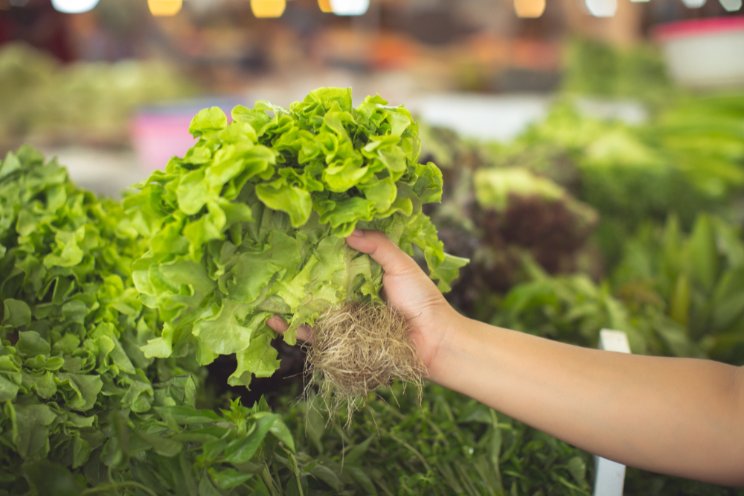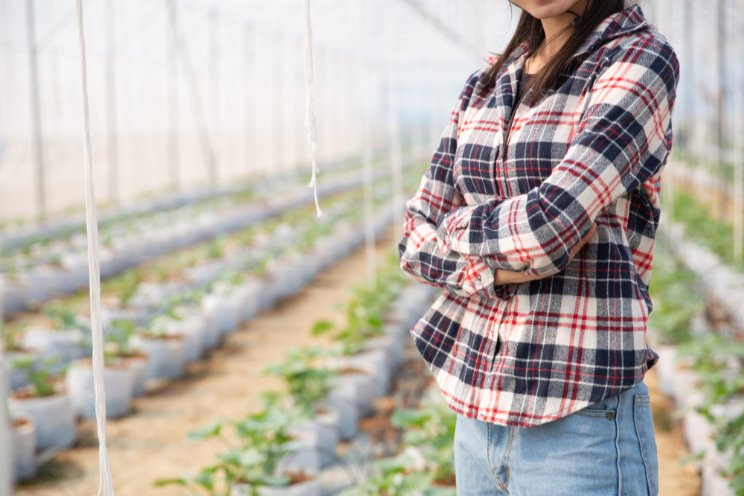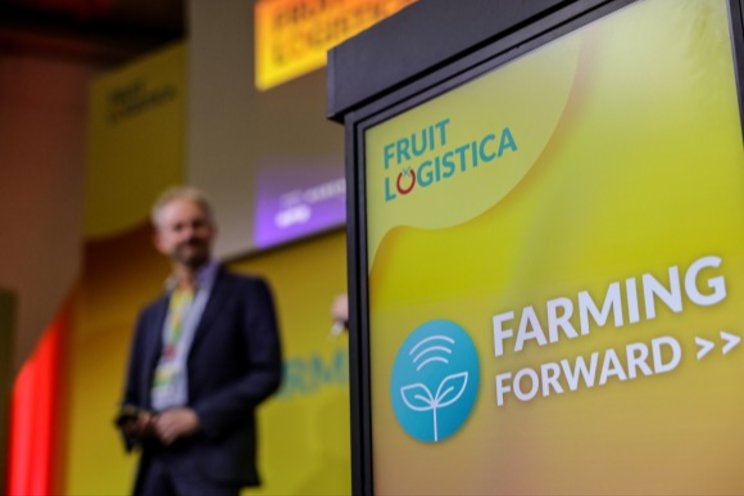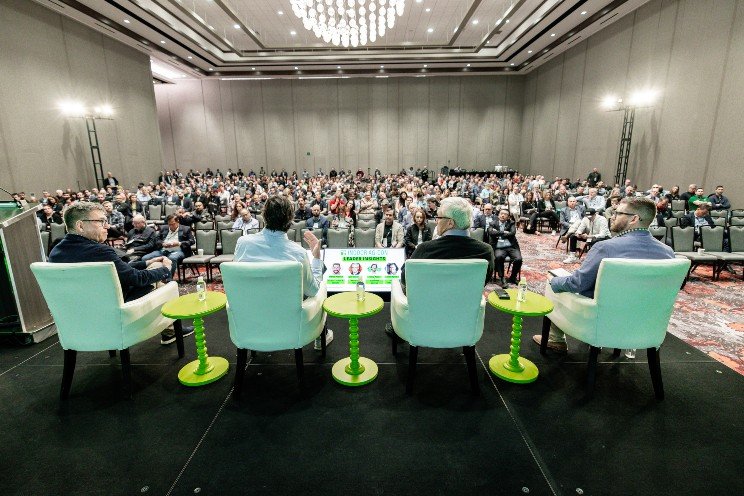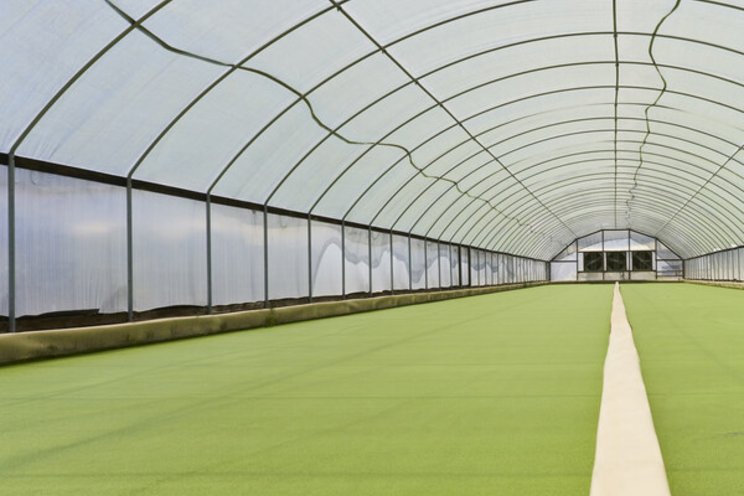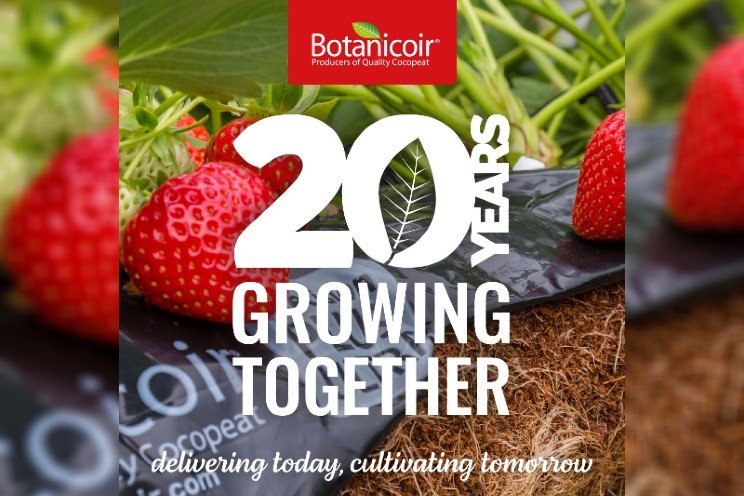How vertical farming will shape the post pandemic
Added on 04 January 2022

Tell us about yourselves and Babylon Micro-Farms.
While still taking full course loads at the University of Virginia, we were actively involved in the Social Entrepreneur Program, a reflection of our values and determination to incubate a socially good company. Our original vision of starting an environmentally responsible company to provide fresh food to refugees living in camps by building hydroponic farms was put to the test when logistical realities of adequate power supply and access to clean water forced them to put that aspect of the business on hold. We became determined to develop a technology-based solution reducing the cost, complexity, and infrastructure requirements to grow fresh food. This technology is the backbone of Babylon's platform today, the R&D has taken a dedicated effort for over 4 years. Our commitment to building Babylon into a successful company required an unforeseen amount of perseverance and we ran into a few issues along the way. We're now a team of 23 people working tirelessly towards the same goal of creating an integrated platform for modular vertical farming. It's inspiring to work alongside so many talented people and it's so rewarding to see how well our products are being received in the market and we're just getting started.
How have your customers' priorities shifted due to the pandemic?
Our institutional customers, predominantly from the education, healthcare, hospitality and senior living spaces, have had a completely different set of priorities since the advent of COVID. We have been amazed at their complete commitment to their people - staff, students, patients, residents and visitors. They were required to do an incredibly hard, fast pivot to safeguard the safety of the people they are responsible for and to and have done an outstanding job. Schools had to close their doors and learn how to operate virtually, hospitals were hit hard and continue to be, and the hospitality industry will take some time to recover. Senior living community residents have been the most vulnerable to the pandemic and the protocols that were put in place almost instantly have saved many lives. We are proud of how our partners responded to the ongoing public health crisis and that in the midst of all the challenges we continued to be able to supply them with fresh food, despite the lockdowns and quarantines. Our remote management system enabled us to make sure at least one thing stayed consistent for our partners during a difficult time for them.
How do you feel urban farming, and specifically modular indoor farming, addresses these new problems and priorities?
1. Supply chain resiliency - We provide peace of mind that fresh produce is being grown there on-site.
2. Reduced Food waste - Our customers love harvesting highly-perishable produce as needed and not having to waste anything
3. Improved Nutrition - We have much higher quality produce that is free from pesticides and it's helping our customers improve their diets.
How has the pandemic shaped the trajectory of indoor farming?
The pandemic has focused a very bright light on the frailty of our food systems and supply chain. The growth of the indoor farming industry has been rapidly escalating as a result, as demonstrated by the enormous sums being raised by companies that are actively involved in addressing the vulnerabilities and trying to ensure a safer, more sustainable and hopefully a more equitable food system for the future.
Click here to read more.
Source: Agritech Tomorrow
More news
